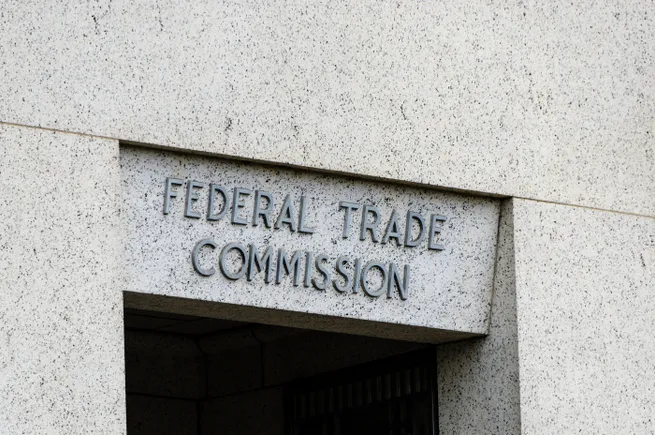Dive Brief:
- The Federal Trade Commission finalized changes to a rule on Thursday that will require healthcare companies, including hospitals and providers, to provide more information to regulators ahead of mergers and acquisitions.
- Under the new policy, merging companies will be required to submit a high-level business plan related to competition, as well as details about their current and developing business lines, supply chains and investors.
- The agency says more documentation is needed to help regulators determine which deals require in-depth antitrust investigation. However, the American Hospital Association argued the FTC already collects enough information and that requiring extra will amount to “little more than a tax on mergers.”
Dive Insight:
Thursday’s update marks the first time the FTC has revised its Hart-Scott-Rodino Act premerger notification form in nearly 50 years.
The law is intended to alert officials of companies’ intent to merge and offer them a short window to determine whether to conduct a more extensive antitrust review.
The FTC proposed increasing documentation for the premerger notification process in June 2023. At the time, the FTC said it was necessary to glean a “basic understanding of key facts” as mergers became increasingly complex.
Both the FTC and AHA said the final rule, which is set to go into effect 90 days after publication in the Federal Register, is less aggressive compared to the proposed rule.
However, the FTC estimates companies will still need to log 105 hours per response to comply with the final rule — an increase of 68 hours compared to current averages. In June, the agency estimated its proposal would require approximately 107 hours per response.
Provider groups said the new documentation load would unnecessarily burden companies looking to merge.
“The agency already has more than enough information about hospital transactions, and it has shown no hesitation in challenging them,” said Chad Golder, AHA general counsel and secretary, in a statement. “The final rule will just require hospitals to divert time and resources away from patient care towards needless compliance costs.”
Under the final rule, companies must also begin to submit data about minority stakeholders and investors, reflecting the FTC’s increased focus on reviewing private equity acquisitions as deals have increased.
Private funds served as the acquiring party for nearly 40% of all reportable transactions in 2022. Twenty years ago, they only were involved in about 10% of deals.
In healthcare, private equity investment has varied. Funds poured billions into healthcare investments during 2022 and 2023, however, investment has slowed this year as antitrust scrutiny cools investor interest.
Still, private equity remains an influential player across the sector — approximately 8% of all U.S. private hospitals were owned by PE funds as of January, according to a tracker from the Private Equity Stakeholder Project. PE also owns between 5% to 11% of America’s nursing homes.
Estimates vary because ownership structures are often opaque — something the FTC says it wants to clarify.
“Under the current rules, it has become increasingly difficult to screen transactions because deal structures often have minority investors with significant rights that are not disclosed,” the FTC said.
Companies must also provide details about acquisitions that have occurred within the last five years, as the FTC attempts to get its hands around “roll-ups,” or small serial acquisitions that private equity groups and some companies utilize. Previously, only the acquiring party had to submit this data.
“Often the Agencies are not able to detect these strategies until it is too late, after the serial acquirer has established a dominant position and is able to exercise market power to the detriment of market participants,” the FTC said in its final rule.
The agency pointed to its current lawsuit against U.S. Anesthesia Partners, a anesthesia provider, as an example of how a dozen of small acquisitions allegedly diminished competition. The case initially sought to also hold the company’s private equity investor, Welsh, Carson, Anderson and Stowe, responsible for the antitrust harms, however a judge threw out the case against the fund in May.
The final rule was announced as the Biden administration has increased scrutiny around mergers. In December, the FTC and Department of Justice finalized stricter guidelines for mergers, which experts told Healthcare Dive would give the agency a “broad” mandate to investigate deals.

